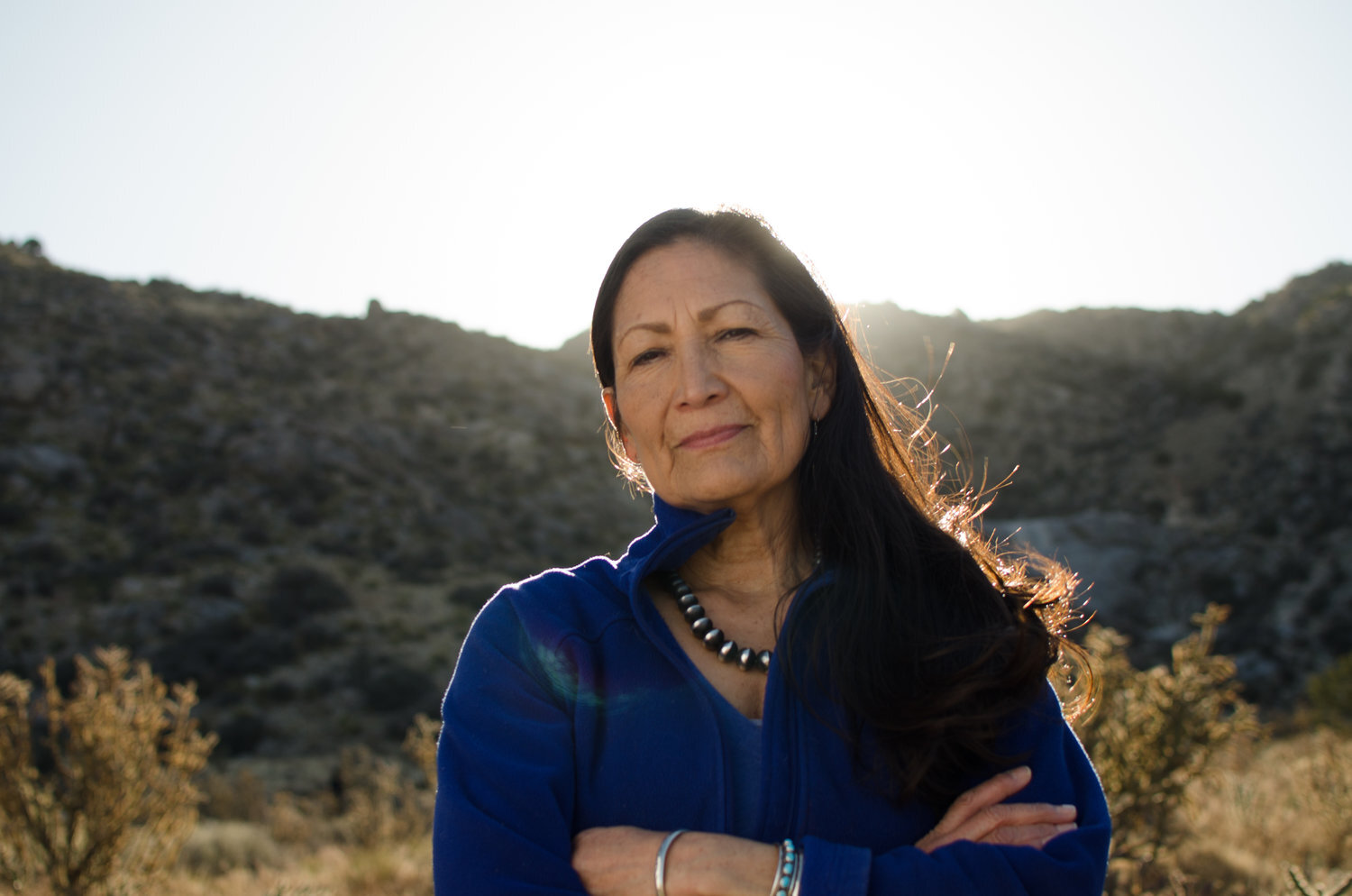Congressman Joe Kennedy III and Congresswoman Deb Haaland has filed legislation that would protect the trust status of tribal lands, preventing the federal government from revoking prior decisions granting the special status for any federally recognized tribe.
Trust status is a special designation that promotes tribal self-governance by exempting the reservation from state and local regulations.
The bill would prevent the federal government from being able to revoke “the status of land held in trust” or a reservation proclamation, as well prevent the government from being able to “rescind a record of decision on which a trust status or reservation proclamation” is established.
The move comes several months after the U.S. Department of the Interior told the Mashpee Wampanoag Tribe that their reservation will be disestablished and the land taken out of trust in what felt like a death blow to a tribe locked in a prolonged legal battle over 321 acres of land in Taunton and a proposal to build a casino there.
It also comes less than a week after a federal judge for the U.S. District Court for the District of Columbia ruled that the Interior’s decision to take the land out of the trust was “arbitrary, capricious, an abuse of discretion, and contrary to law." The judge remanded the matter to the Interior Department for reconsideration.
In a statement issued in wake of the bill’s filing, Kennedy criticized the Trump administration’s order for threatening the “very existence” of the Mashpee Wampanoag.
“In the midst of a pandemic that has uniquely threatened Native Americans, tribes should be focused on caring for their communities, not fighting back against a hateful, ignorant Administration," Kennedy said, in a statement. "If President Trump is willing to threaten the very existence of the Tribe that welcomed the Pilgrims to our shores, no tribal lands in this country are safe from his attacks. Under the Tribal Reservation Pandemic Protection Act, we can ensure our nation’s priorities lie with the Native Americans who deserve our protection.”
The Obama administration initially approved the Mashpee Wampanoag’s trust application, effectively securing the land needed to build the promised casino and green-lighting the project. But a U.S. District Court for the District of Massachusetts order following a legal challenge from neighbors of the proposed casino brought construction to a halt.
The tribe appealed the decision, which essentially reversed the U.S. Department of the Interior’s initial determination on the tribe’s land. Under President Obama, the Bureau of Indian Affairs said the tribe satisfied a definition of “Indian” spelled out under the 1934 Indian Reorganization Act, and therefore qualified for trust status. Historically the Interior Department acts as the trustee for tribal land.
The tribe’s bid to keep its reservation is made complicated by a 2009 Supreme Court decision known as Carcieri v. Salazar, which established that the Secretary of the Interior could not take land into trust for tribes that were not under federal jurisdiction before 1934, at the time of the passage of the Indian Reorganization Act. Carcieri v. Salazar increased the burden of proof tribes had to meet to qualify for trust status.
The Mashpee Wampanoag Tribe Reservation Reaffirmation Act (H.R. 312), which was passed by the House on May 15, 2019 but failed to win passage in the Republican-controlled Senate, sought to end the ongoing legal challenge to the tribe’s reservation.




